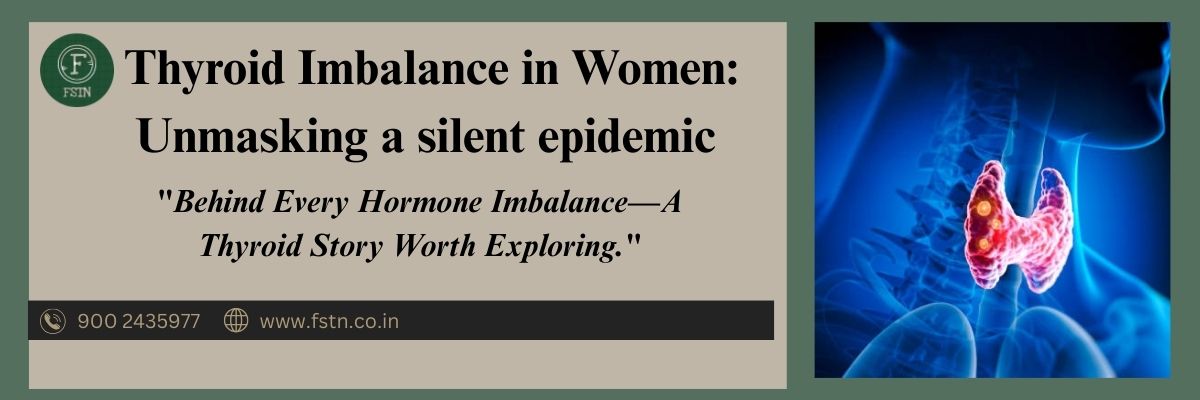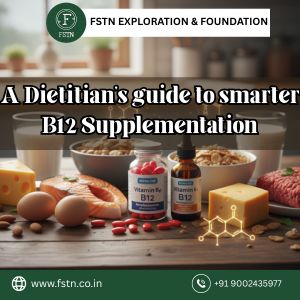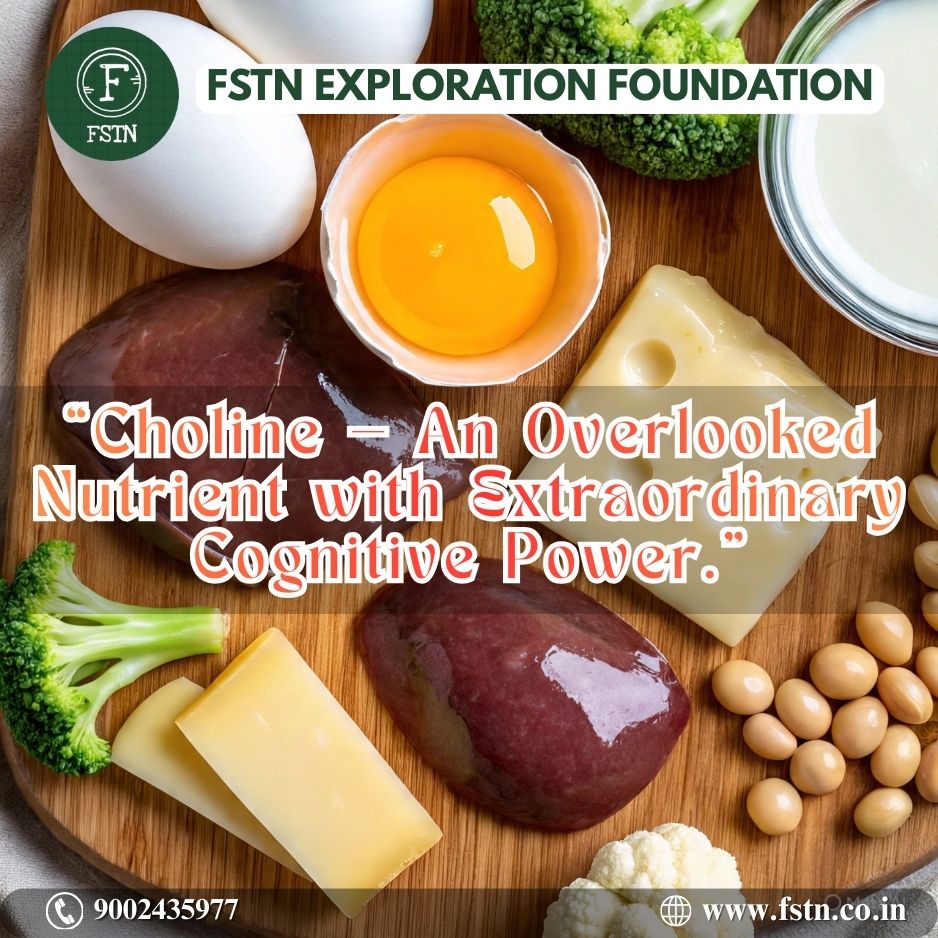Thyroid disorders are fast emerging as one of the most overlooked and misinterpreted health conditions affecting women today. Despite affecting millions, this condition often remains misdiagnosed, silently impairing quality of life until the symptoms manifest as chronic fatigue, unexplained weight changes, depression, irregular menstruation, fertility challenges etc. Thus this silent epidemic demands greater awareness and measured intervention- especially among women of reproductive age.
Why women are more vulnerable?
Women are five to eight times more likely than men to develop thyroid disorders as hypothyroidism, hyperthyroidism, and autoimmune thyroiditis. The reason lies in dynamic interplay of female hormones - mostly estrogen and progesterone during puberty, pregnancy, postpartum, and menopause, they can affect thyroid hormone metabolism. Autoimmune thyroiditis such as Hashimoto's Thyroiditis and Graves' disease are particularly common to occur in women of childbearing age and if goes untreated can affect metabolism, fertility, mental well-being and pregnancy outcome severely.
Symptoms of thyroid imbalance are fatigue, unexplained weight changes, hair fall, mood swings, irregular menstruation, and cognitive difficulties which are subtle and overlapping, these are commonly mistaken for effects of stress, aging or lifestyle factors leading to delayed diagnosis and treatment. Routine thyroid screening is not prioritized in women's health assessments, which means many cases remain undetected. Increased vigilance and awareness can improve early detection and prevention.
Nutritional strategies to fight thyroid disorder:
Effective prevention of thyroid hinges not only on medical screening and awareness but also nutritional optimization, which plays a foundational role in supporting thyroid health rather overall health. While certain thyroid conditions mainly autoimmune disorders may not be fully preventable, addressing modifiable dietary risk factors can reduce incidence, delay progression, and improve outcomes.
Essential nutrients such as iodine, selenium, zinc, iron, vitamin D, and omega-3 fatty acids play a pivotal role in the synthesis, conversion, and regulation of thyroid hormones, as well as in maintaining immune homeostasis. Among these, iodine remains the most critical, with deficiency still being a primary contributor to hypothyroidism in many parts of the world. This underscores the continued importance of public health measures such as iodized salt programs. However, in areas where iodine sufficiency is being achieved, monitoring for excessive intake is equally crucial to prevent iodine-induced thyroid dysfunction. Diets high in antioxidants, phytochemicals, and anti-inflammatory nutrients may help modulate immune responses and lower the risk of autoimmune thyroid conditions. Meanwhile, excessive consumption of ultra-processed foods and unregulated intake of goitrogenic substances (found in foods like soy and cruciferous vegetables) should be managed under clinical guidance, particularly in individuals with existing thyroid concerns.
Key takeaway:
From a broader public health lens, integrating targeted nutrition education into routine healthcare—especially for vulnerable populations such as women of reproductive age, pregnant individuals, and adolescents is essential. These groups are at higher risk for thyroid disturbances, and proactive dietary counseling can serve as a powerful tool in mitigating long-term thyroid complications. Equipping communities with accurate, accessible information enables informed decision-making and fosters a culture of preventive thyroid health.



